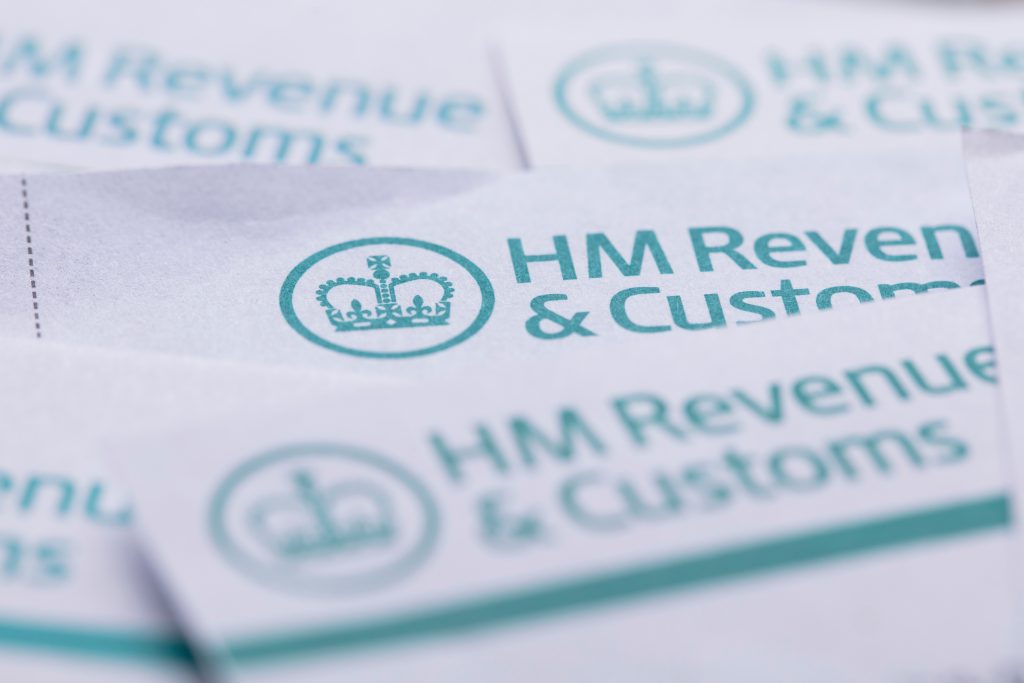


Ian Davie
Senior Consultant
The House of Commons Public Accounts Committee (PAC) issued a report on February 28th regarding HMRC Customer Service, and their assessment is quite damning.
In their own words overall:
In the area of R&D Tax Reliefs the PAC commented on the following:
Specific to R&D tax reliefs PAC’s recommendations are:
We all know that HMRC is struggling, it is harder to get hold of someone to talk to and in our experience receive conflicting advice and incorrect facts at times. The volume compliance approach that they are taking for R&D claims is already aggressive in trying to target claims, and caseworkers lack of understanding of R&D is evident in targeting too many good claims and their relentless ‘no R&D here’.
I disagree with PAC saying that HMRC are reliant on companies correcting their own mistakes, when there is a disconnect from what industry does in the way of R&D and how HMRC are interpreting the guidelines and legislation. The compliance approach is reliant on HMRC challenging the claims, which from our own experience is discouraging companies from either bothering to claim on good R&D, or regretting setting up their R&D in the UK, to even moving abroad to abandon the UK as an environment to carry out well supported R&D.
If HMRC follows PACs recommendations then we are likely to see more compliance checks going back even further, not just the last claim submitted. Although, from what we have seen I am not certain HMRC have the skills and knowledge to be able to identify and tackle ‘egregious fraud’. This could result in more good claims being caught up in years of compliance checks. If you are looking for assistance with a HMRC compliance check, we can offer support.
HMRC needs to find the right path, and make this sustainable and be able to identify the error and fraud that is evident in the SME scheme, but I don’t think they have found it yet.

Since 2022, HMRC’s Mandatory Random Enquiry Programme (MREP) has been reviewing R&D tax relief claims to reduce error and fraud. While the programme is effective in improving compliance, it has also caused a significant drop in SME claims. This article examines the impact of MREP on SME behaviour, explores why businesses are withdrawing from claiming, and questions whether the programme is supporting innovation or discouraging genuine R&D activity.

We take an in-depth look at the latest R&D Tax Credit Statistics, covering the period ending March 2024, highlighting key updates and trends in the R&D tax relief landscape. It covers changes to the SME and RDEC schemes, the introduction of new requirements such as the Claim Notification process, and developments in HMRC compliance through the Mandatory Random Enquiry Programme.

Assists organisations in accessing research and development grant funding across a range of UK and EU schemes and industry sectors.
Get In Touch